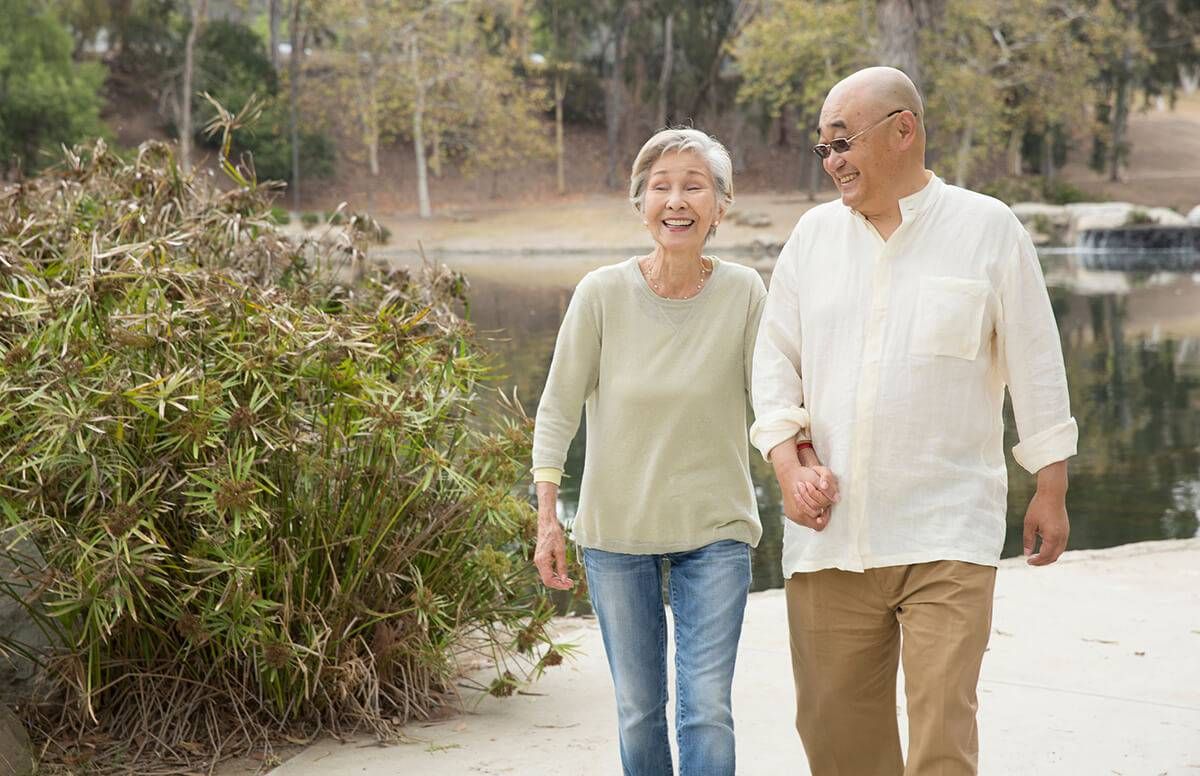Think Old Age Means Decline? Then It Probably Will
Our perceptions of aging have a lot to do with how we experience it
Recently, I facilitated a group discussion as part of pre-trial preparation regarding a catastrophic traffic accident in which there was considerable doubt as to which of the two drivers was at fault.

One of the group members piped up. “Well, Driver A was 68-years-old. Of course it was her fault. Anybody knows that old people can’t see or hear well, and they have lousy reflexes.”
This, despite the fact that Driver A had a valid driver’s license, perfect vision and no prior history of accidents, and with no regard whatsoever for the police report or factual evidence. The other participants, from all walks of life and of different genders, ethnicities and backgrounds, whose ages varied between 25 and 50, all agreed: Yup, 68 is old and decrepit. Therefore Driver A must have been at fault.
The half-dozen lawyers observing the discussion and I looked at each other with horror: Really?! We were in our late 50s to early 70s, all actively employed and certainly didn’t think of ourselves as decrepit. Yet there it was, society’s overall take on anyone over 65: You’re done, through, kaput. Might as well say “nighty-night” and succumb to the long good-bye.
Which shouldn’t make a darn bit of difference except that — it does make a difference. What we believe about our later years has a great deal to do with how we experience those years.
Don’t Give in to Negative Perceptions of Aging
For example, in a study of data over 38 years, researchers from Yale University and the National Institute on Aging found that people who held negative stereotypes about aging had a 30 percent greater decline in memory as they aged, compared to persons who did not. That’s huge. It shows how the power of our prevailing thoughts about age impact our personal experience of aging.
Other studies point out the same phenomenon on a societal level. A study comparing the memory performance in older Chinese and American individuals found that the older Chinese did better than the Americans memory-wise. The study authors attributed the difference to the cultural differences in how Chinese and Americans view aging: the Chinese hold much more positive beliefs about aging. Americans tend to be pessimistic about it.
Not only that, but older individuals who are pessimistic about aging, who see it as a time of mental and physical decline, have higher levels of arthritis, heart disease and hearing loss, than those who don’t. Generally speaking, older adults who hold negative beliefs about aging have worse health outcomes across the board.
The capper — to my way of thinking — is that older adults who believe that to be old means to be ill have more than double the mortality rate (are twice as likely to die sooner) than those who do not.
What you believe ends up being what you live, to a surprising extent.
Get Inspired
What to do about it? Kick up your heels, say “I can’t wait to be 80! Yippee!" and off you go? Well, that might be nice, but for most of us, it’s just too big a stretch. What you can do, however, is start changing your negative assumptions about aging so you have well-established positive beliefs about your place in time (whatever age that might be), which will support your overall health mentally, physically and emotionally.
The easiest place to start is by revamping your image of what being older looks like.
Take Phyllis Sues, for example. She celebrated her 92nd birthday in 2015 by performing a brilliant tango and uploaded it to YouTube amid great acclaim. Sues only began taking tango (and trapeze) at 80, after she’d mastered Italian and French in her 70s.
Then there’s 87-year-old Instagram sensation Baddie Winkle, picked by Smirnoff to be the star of its new national Smirnoff Ice Electric Flavors commercial.
So do yourself a favor. Notice the older people around you who are living happily, who think of age merely as passage through time — those who expect to continue to enjoy good health, enough energy to do what pleases them, who figure life is meant to be lived fully, until the day their expiration date comes due. Use them as your benchmark of what life can be like for you as you travel through your 60s, 70s and beyond.
After all, if, as some scientists recently reported, we may soon be living to 120, wouldn’t you rather live those years happy and healthy? I know I would.

